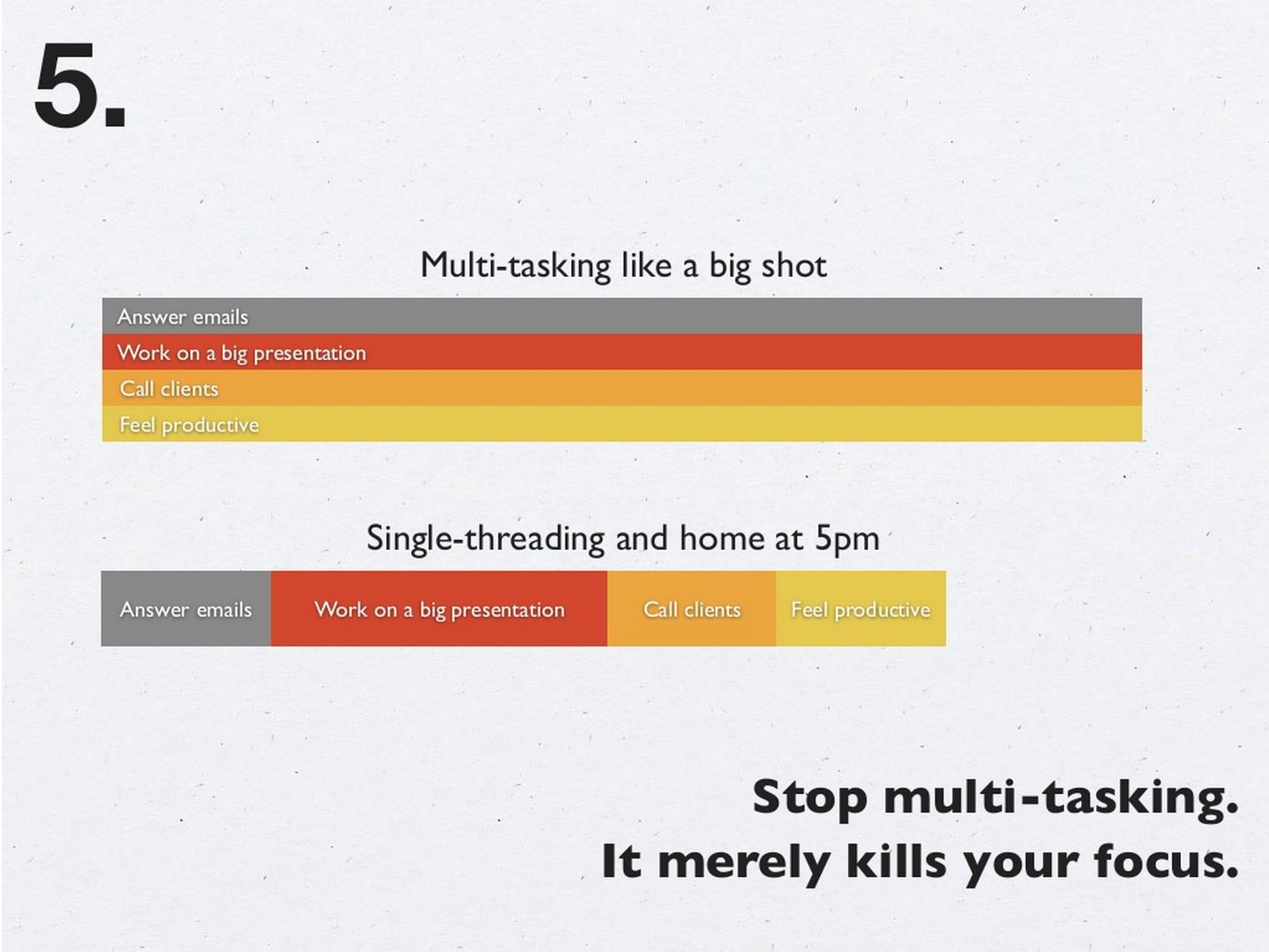If you’re a small business owner I need not tell you how important your time is. In fact there is no resource more precious than your own time.
You may take the view that money deserves that particular title but you can always make more money. On the other hand, there will only be 24 hours in a day for the foreseeable future unless you have invented a time machine. If that’s the case I doubt that money will be much of a concern either.
We’ve covered this subject briefly before, but it is so fundamental to running your business that we have 6 more tips on how to manage your time effectively as a small business owner.
1. Set a time to check your emails
You probably spend a surprisingly sizable chunk of your time everyday checking and replying to your emails. The best thing to do is set a specified time where you will take care of your emails and any responses that you need to formulate. If you send a receive a massive amount of emails a day, maybe first thing in the morning, at lunch time and before you leave in the evening.
Checking your emails throughout the day really just takes you away from doing other tasks. You need to get into the mindset that just because an email pops up in your inbox doesn’t mean that you have to reply to it immediately, forsaking whatever other work you were doing. Rather, you shouldn’t allow anything to take your attention away from your work unless it is absolutely critical that you respond at that time.
2. Outsource and delegate
Delegating tasks to trusted employees frees up your time to do more important and business critical work. When running a small business it can feel like you need to do everything yourself but that may not be the best approach, especially if you can improve employee morale and give yourself extra time through delegating.
Think about it this way, would you rather do reports which an employee would be capable of doing and put back an important meeting with a client or delegate the reports and go ahead with the meeting which could generate new business . The meeting is more important, isn’t it?
If certain expertise does not exist within your company, perhaps consider outsourcing if your budget allows. If you spend 4 hours resolving a problem which takes an expert agency 30 minutes to do for a fee, then you need to think long and hard about exactly how valuable those 3 and a half hours are to you.
3. Plan your day
The most productive time you will ever spend is the time you schedule to schedule your time. Whether you do this in the evening for the next day or first thing in the morning, having an idea of how your day will go is a powerful tool.
After some practice you’ll be able to tell within reason what you can expect to get done each day. The next step is to put the most important tasks that you need to get done at the top of your to do list.
As the days pass, you’ll find that you are consistently getting critically important work done on time and your business should be in good shape as a result.
4. Expect interruptions
One thing not to do when planning your day is to allocate all of your time from 9 to 5 to carry out certain tasks and then put pressure on yourself to complete them. That’s not feasible.
You are going to be interrupted at least once during the day, whether you need to deal with a customer issue, a member of staff being out sick or even a personal matter, it’s going to happen. If you expect to be interrupted then you’ll have to learn to prioritize the most important of your tasks and you won’t be giving unrealistic promises to employees or clients about when you will have your tasks completed.
5. Learn to say no
Are you a ‘yes person’? If someone asks you to do something do you do it to be polite even if you don’t want to? Learn to say no, because the time you need to run your business properly is more important.
Unless it’s something you absolutely have to do, you shouldn’t be doing anything that you don’t think will be productive for your business.
6. Use waiting time productively
Whether it’s waiting for meetings, appointments, the train or a sandwich, we all spend idle time throughout the day. Use this time efficiently if you can.
It could be a great time to catch up and reply to those emails you haven’t read yet. If you can get small tasks out of the way while you wait, they won’t eat into time you have set aside for other tasks later in the day.
7. Multi – tasking or single threading?
Being able to multitask is important. As we mentioned earlier, you’re going to be interrupted at some point. It’s probably not a good idea to plan to multitask. Doing more than one thing at once divides your focus and leaves you prone to mistakes which will add on time for reviewing and editing your work at the end. What’s more it is always good to have something completed rather than two things which still require work. Plan to complete your tasks one after the other, with the most important being the first on your list.
–
Big Red Cloud online accounting software helps small business owners save time by making your accounts easy. Why not see for yourself and start a free trial?





